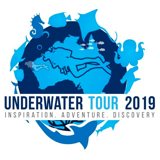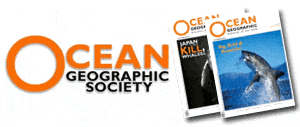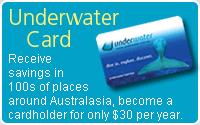- Home
- Directory
- Shop
- Underwater Cameras - Photographic Accessories
- Smartphone Housings
- Sea Scooters
- Hookah Dive Systems
- Underwater Metal Detectors
- Dive Gear
- Dive Accessories
- Diving DVD & Blu-Ray Discs
- Diving Books
- Underwater Drones
- Drones
- Subscriptions - Magazines
- Protective Cases
- Corrective Lenses
- Dive Wear
- Underwater Membership
- Assistive Technology - NDIS
- On Sale
- Underwater Gift Cards
- Underwater Art
- Power Stations
- Underwater Bargain Bin
- Brands
- 10bar
- AOI
- AquaTech
- AxisGo
- Backscatter Underwater Video and Photo
- BLU3
- Cayago
- Chasing
- Cinebags
- Digipower
- DJI
- Dyron
- Edge Smart Drive
- Eneloop
- Energizer
- Exotech Innovations
- Fantasea
- Fotocore
- Garmin
- Geneinno
- GoPro
- Hagul
- Hydro Sapiens
- Hydrotac
- Ikelite
- Indigo Industries
- Inon
- Insta360
- Intova
- Isotta Housings
- Jobe
- JOBY
- Kraken Sports
- LEFEET
- Mirage Dive
- Nautica Seascooters
- Nautilus Lifeline
- NautiSmart
- Nitecore
- Nokta Makro
- Oceanic
- Olympus
- OM System
- Orca Torch
- Paralenz
- PowerDive
- QYSEA
- Scubajet
- Scubalamp
- Sea & Sea
- SeaDoo Seascooter
- SeaLife
- Seavu
- Shark Shield
- Sherwood Scuba
- Spare Air
- StickTite
- Sublue
- Suunto
- SwellPro
- T-HOUSING
- Tusa
- U.N Photographics
- Venture Heat
- XTAR
- Yamaha Seascooter
- Youcan Robot
Shark fishing industry growth in NSW fuelled by shark fin prices
From an article in the Sun Herald today:
A DRAMATIC increase in shark fishing, fuelled by the lucrative shark fin market, is threatening already endangered species along the NSW coast.
Long-line fishing methods used by shark fishermen are believed to be responsible for indiscriminate shark catches environment groups say are endangering populations of grey nurse sharks, classified as critically endangered, and the vulnerable great white shark.
This has been compounded by the growing number of fishermen along the east coast who are turning to shark fishing, seen as a more lucrative area of the often difficult fishing industry.
Shark fishers can earn as much as $100 a kilogram for the fins which are in demand on the Asian market where they become shark-fin soup, a prized delicacy.
An increasing number of commercial fishing boats have begun operating out of the North Coast town of Coffs Harbour during recent months using legal fishing practices to catch large numbers of sharks but prompting fears from locals and the National Parks Association that the shark populations in the area are being put under serious pressure.
Coffs Harbour Fishermen's Co-operative employee Scott Budden, who weighs and counts much of the fish that is landed at the jetty, said several local operators had converted their boats so they could also take part.
"They are diversifying into the shark market because of the hardship of the industry," he said.
But the intensive shark fishing now taking place just off Coffs Harbour has prompted calls for greater regulation of the booming industry that currently allows fishers to bring in one tonne of shark per boat each day.
The National Parks Association, a non-government conservation group, is among those insisting that something needs to be done.
"They are catching an awful lot of sharks and it is completely unsustainable," association marine program manager Nicky Hammond said. She said they had been informed of the heavy shark fishing in Coffs Harbour and that protected grey nurse sharks had been caught in the process.
"There are less than 500 grey nurse sharks left on the east coast of Australia," she said. "From our understanding [the activities] are very unsustainable."
There are fines of up to $220,000 imposed by the NSW Department of Primary Industries on fishers who are found to have harmed a threatened species.
The growth in the shark industry has sparked tension with other types of fishermen.
One Coffs Harbour fisherman, who asked not to be named, said the kilometres-long lines used by shark fishers were often laid in regions where prawn trawlers conduct their work leading to regular net and line entanglements.
"Often we can't go [to trawl] where we want to," he said.
He said many shark fishers had begun using a fishing method where they laid the line close to the ocean floor to boost catchment numbers. He said this is where many of the threatened shark species were also being caught.
For the full story go to:
![]() Contributed by Tim Hochgrebe added 2007-08-11
Contributed by Tim Hochgrebe added 2007-08-11
![]() Login or become a member to join in with this discussion.
Login or become a member to join in with this discussion.

 Yamaha Seascooters
Yamaha Seascooters
Exclusive official distributor and dealer for Yamaha Seascooters in Australia, New Zealand and Fiji. Yamaha Seascooters feature light and efficient personal water scooters that are fun and affordable to anyone.
Shopfront
-
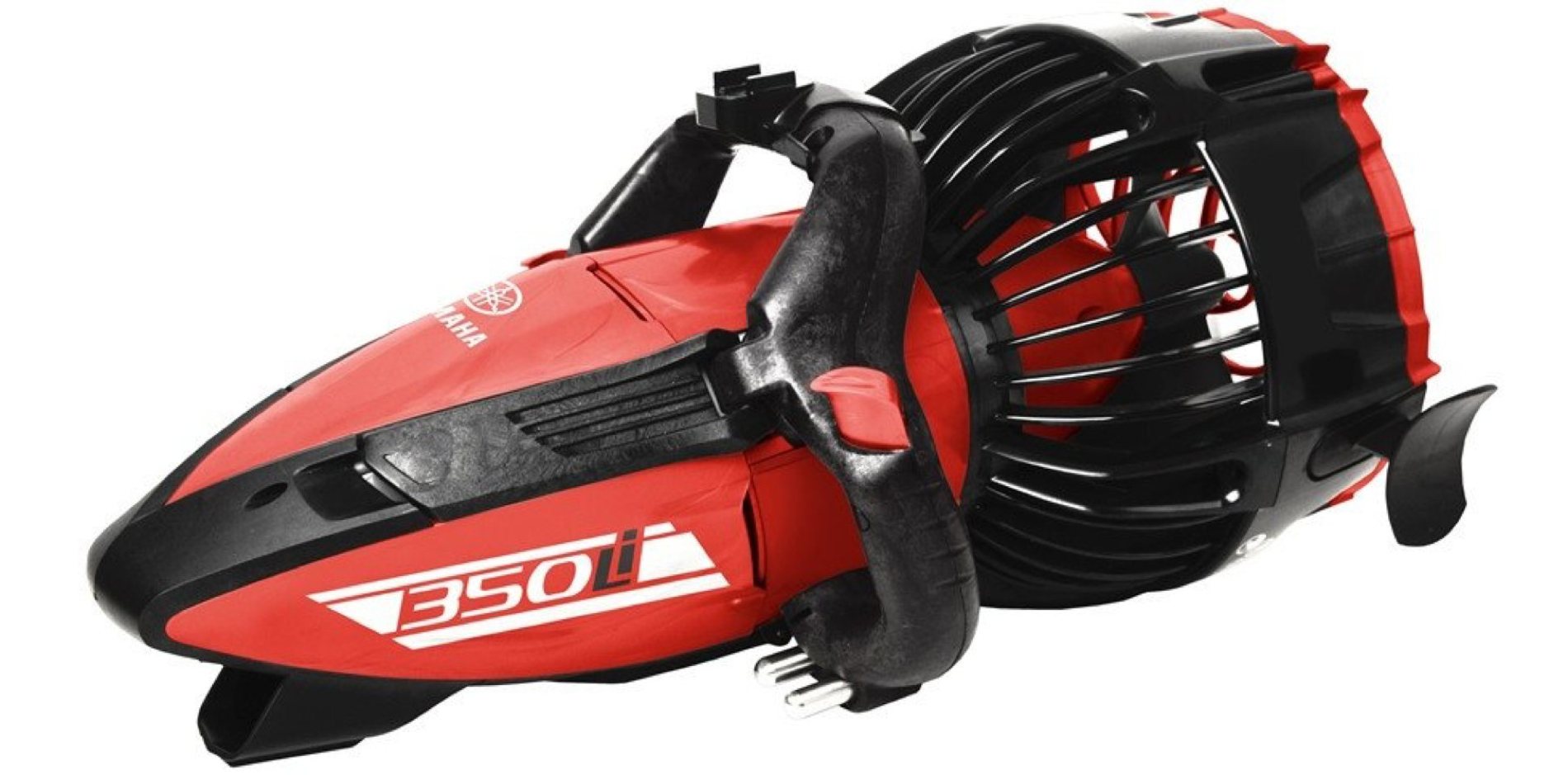 Yamaha Seascooter 350Li
Yamaha Seascooter 350Li
- Price A$ 1,999.00
-
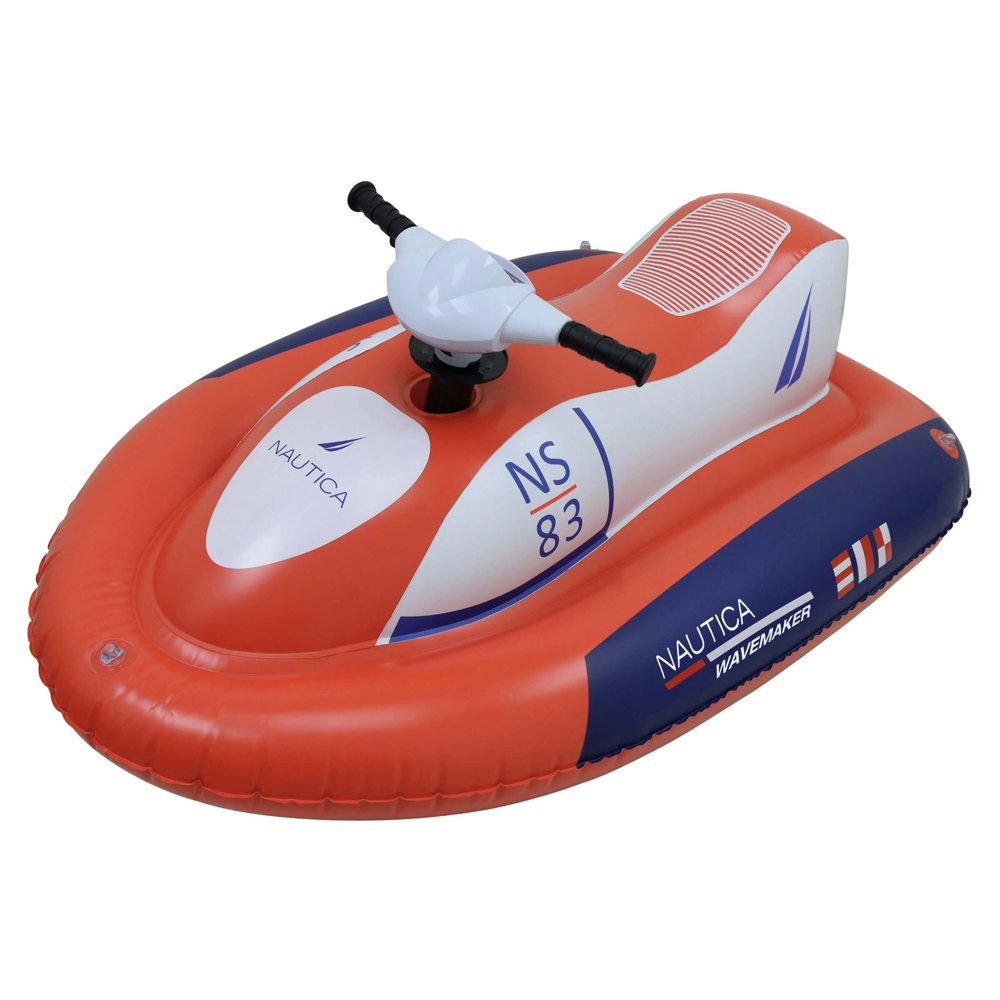 Nautica inflatable Jet Ski Wavemaker
Nautica inflatable Jet Ski Wavemaker
- Price A$ 499.00
-
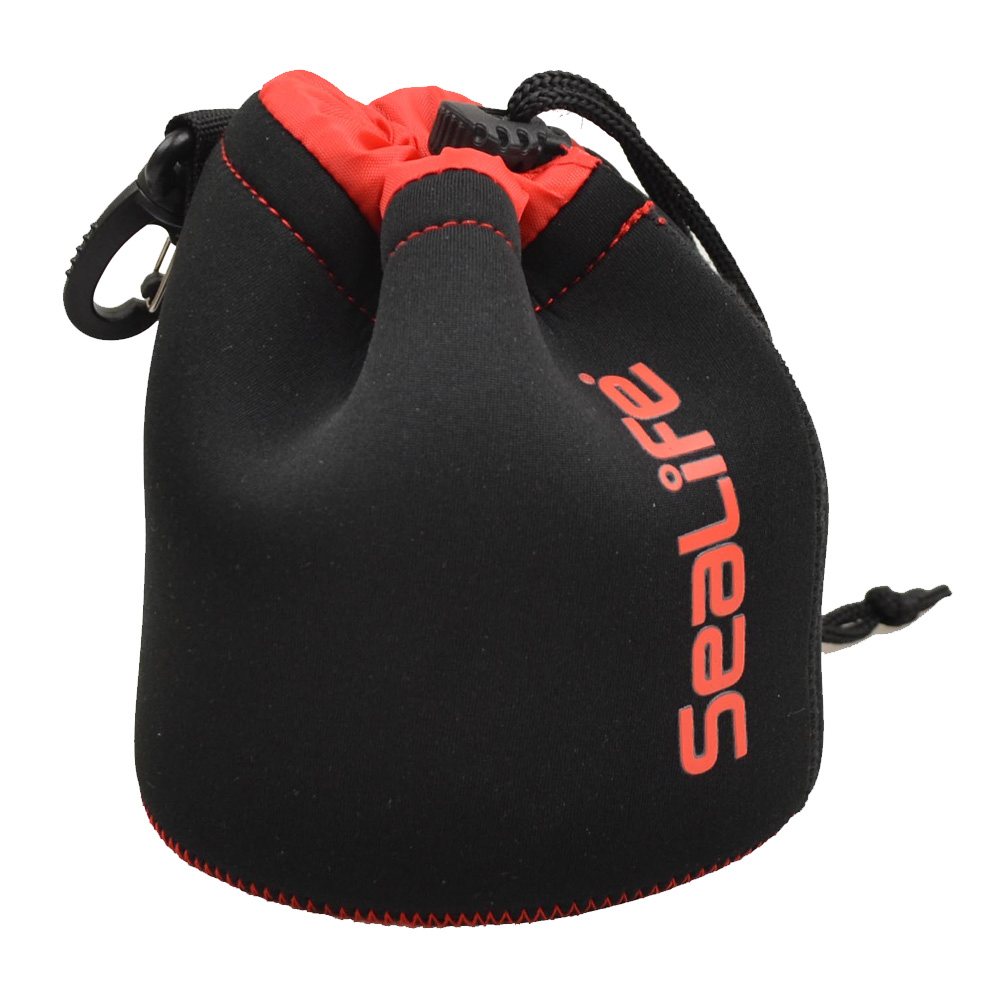 SeaLife Protective Gear Pouch
SeaLife Protective Gear Pouch
- Price A$ 34.95
-
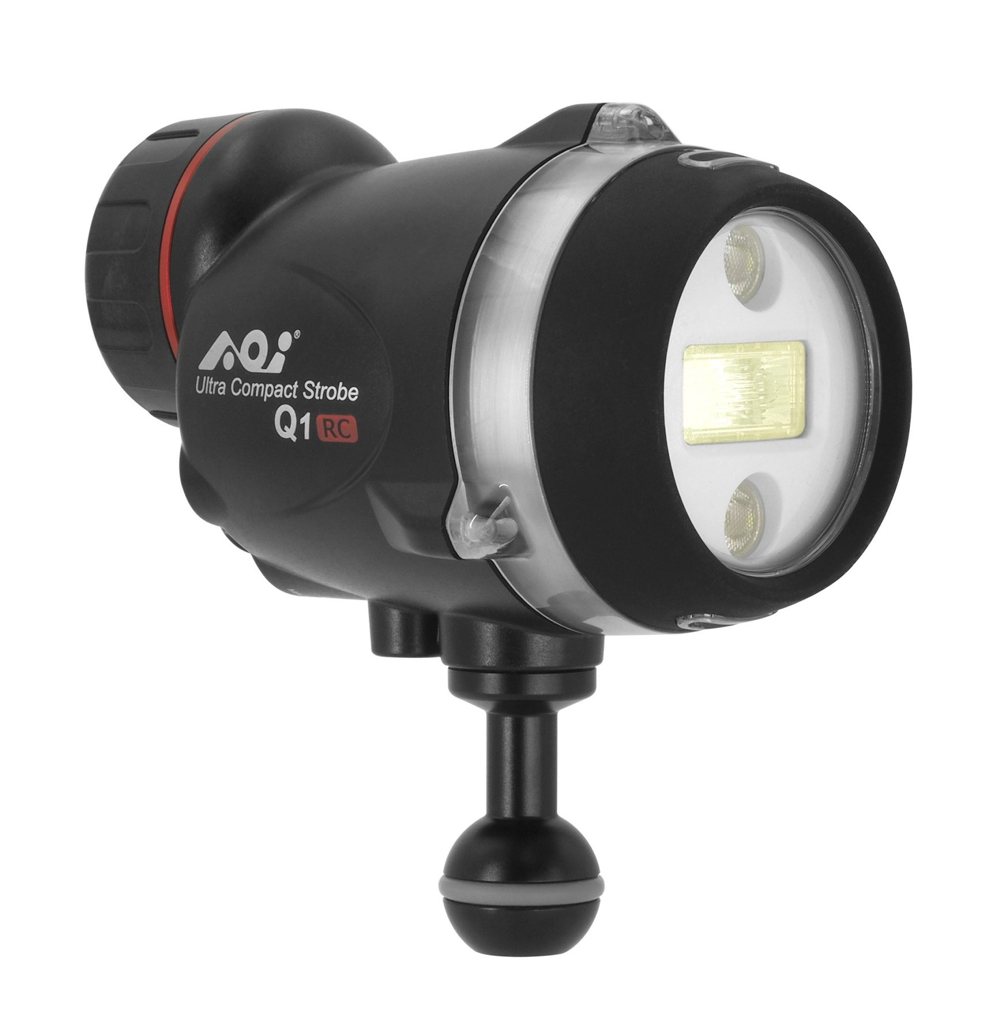 AOI UCS-Q1RC Ultra Compact Strobe Q1 with Olympus RC Mode
AOI UCS-Q1RC Ultra Compact Strobe Q1 with Olympus RC Mode
- Price A$ 669.00
-
 Nautica J-Class Seascooter
Nautica J-Class Seascooter
- Price A$ 1,499.00
-
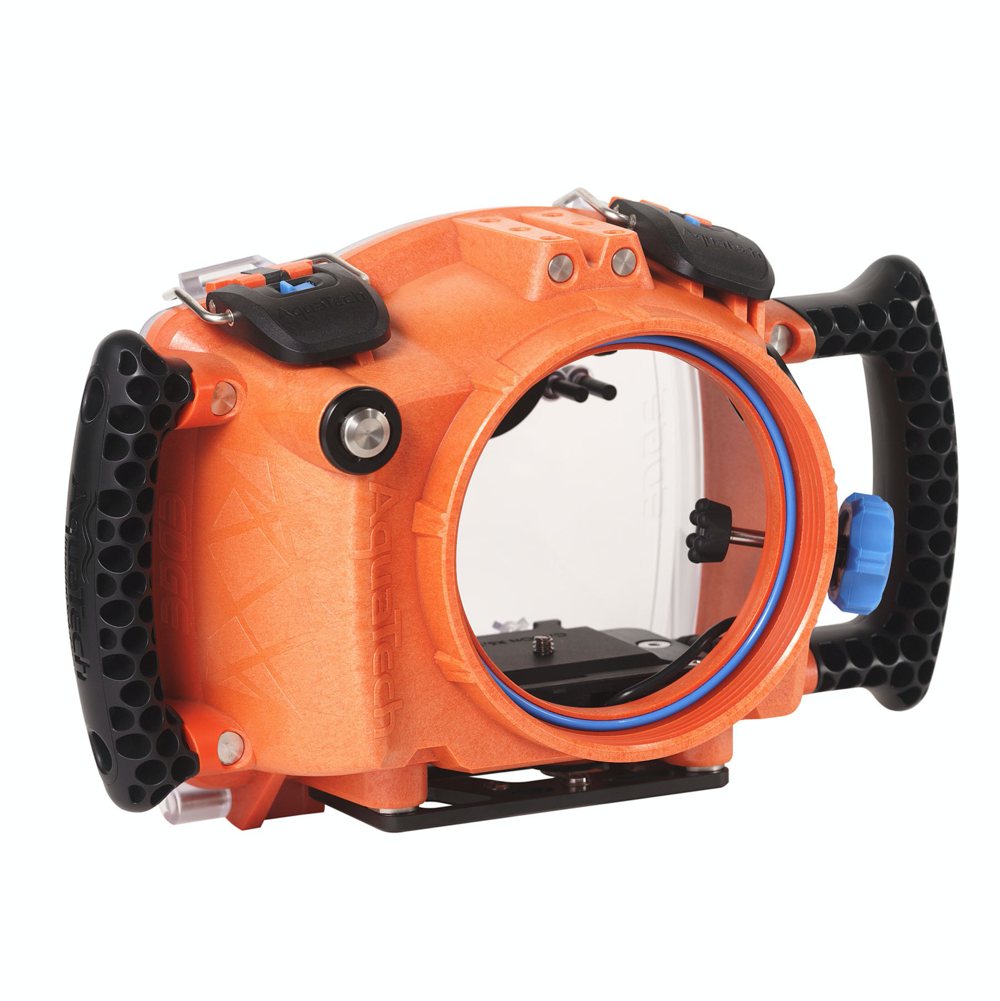 AquaTech EDGE Pro Camera Water Housings - Nikon mirrorless
AquaTech EDGE Pro Camera Water Housings - Nikon mirrorless
- Price A$ 2,149.00
-
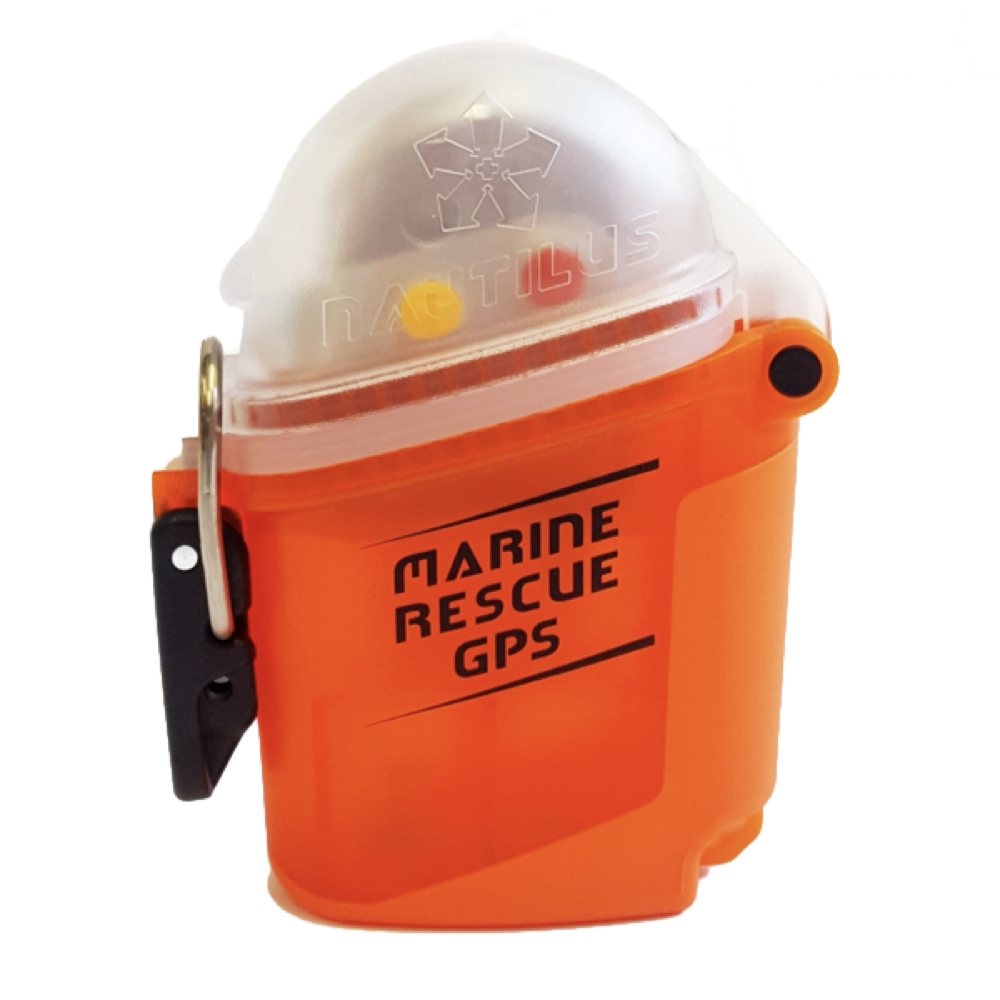 Nautilus Lifeline Marine Rescue GPS - nexGen
Nautilus Lifeline Marine Rescue GPS - nexGen
- Price A$ 439.00
Articles
-
 The day training became real....
The day training became real....
by Ric Mingramm
- 2006 saw a different holiday as our usual foursome had now become a twosome (plus youngest son Fletcher), nevertheless Andrew ("The Bitch") and I weren't going to let that stop us having our annual week away diving.
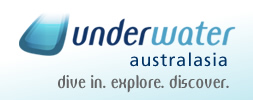


 QYSEA Fifish V-EVO - Underwater Drone Kit 4K - 60fps - optional grabber arm
QYSEA Fifish V-EVO - Underwater Drone Kit 4K - 60fps - optional grabber arm

